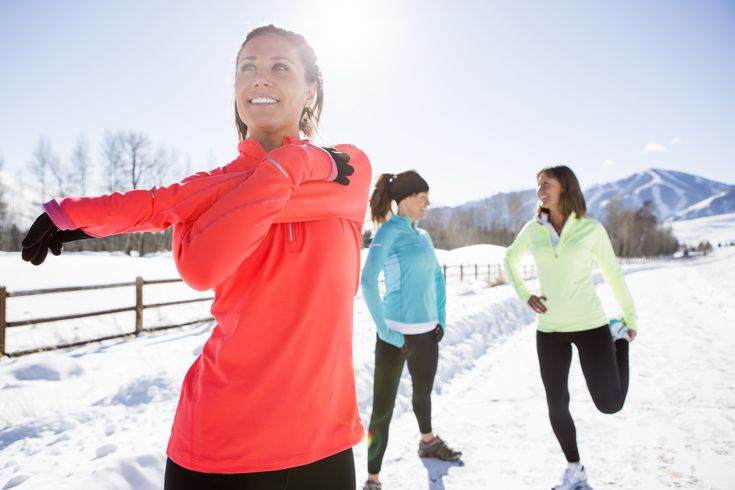It is cold winter now, but fitness is very important no matter when, so even in winter, many people will choose to exercise. So what are the considerations for winter fitness? Let’s take a look!
When doing fitness exercises in winter, especially when outdoors, you must first make full warm-up preparations. After jogging, bare hands, and a small number of exercises with light equipment, make your body warm and sweat slightly, then perform more intense fitness exercises. If you exercise without warming up, it will often cause muscle strain and joint sprain.

Particular attention should be paid to keeping the head, back, and feet warm during fitness activities in winter. Keep warm when exercising outdoors. Don’t stand in a windy place to blow the air after exercise. Go back indoors as soon as possible, dry your sweat, and put on clean clothes.
When exercising indoors, keep the indoor air circulating and fresh. In addition, it is not suitable to exercise in an open-air environment filled with soot and muddy air in winter. At the same time, pay attention to the weather with poor weather conditions, such as heavy sand, heavy snow, or cold weather, do not exercise outdoors temporarily. When exercising outdoors, you should choose a place that is sunny and sheltered from the wind.
Winter fitness should increase the intensity and intensity of exercise, increase the number and frequency of exercises, increase the content of aerobic exercise, and extend the exercise time accordingly to improve function, develop special qualities, consume body fat, and prevent excessive accumulation of fat. In addition, pay attention to the exercise gap should be appropriately short, especially in the outdoor should avoid standing in the cold air for a long time.
Outdoor exercises in winter should be changed and adjusted according to the personal physique. For patients with cardiovascular disease, rapid exercise should be prohibited, and the amount of exercise should be gradual. Middle-aged and elderly people suffering from respiratory diseases, such as chronic bronchitis, emphysema, asthma, pulmonary heart disease, hypotension, etc., should avoid straining resting muscles. In the cold winter season, it is necessary to strictly insist on breathing through the nose to avoid cold air directly in the lungs. Middle-aged and elderly people suffering from digestive system diseases should strengthen their abdominal muscles to improve the function of digestive tract organs. For people suffering from rheumatoid or rheumatoid arthritis, outdoor activities can improve blood circulation in the joints and surrounding organs and relieve pain. When doing activities, keep warm in the joints.